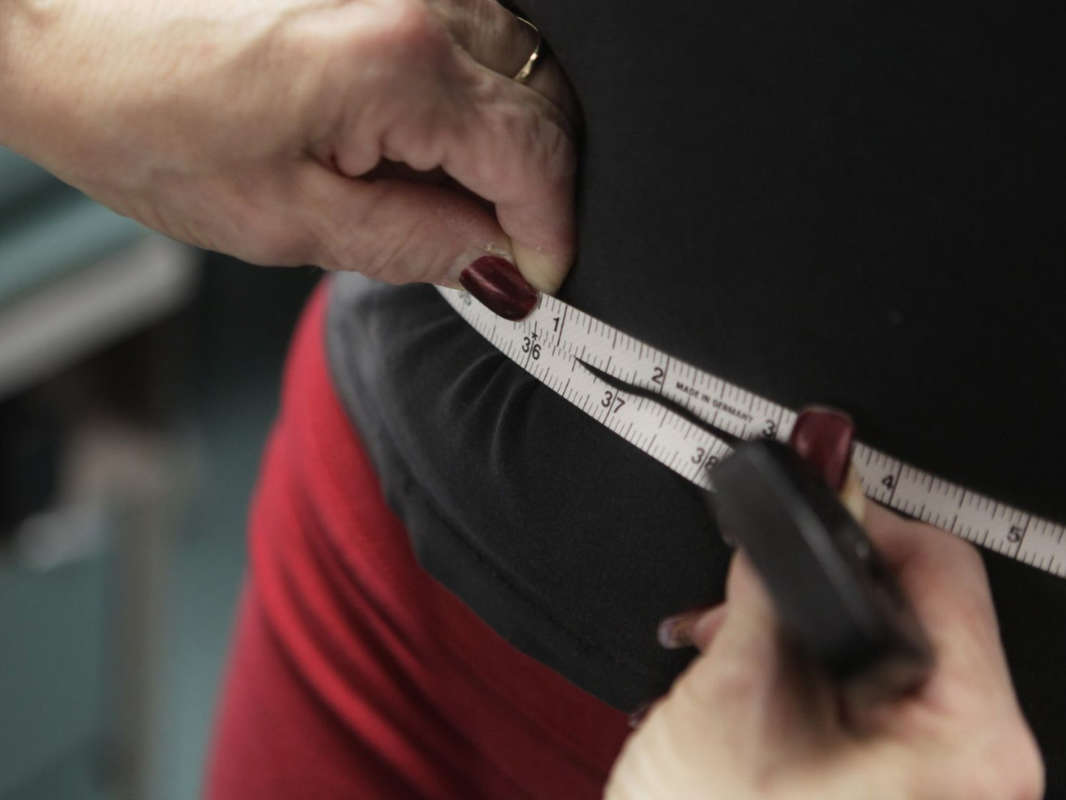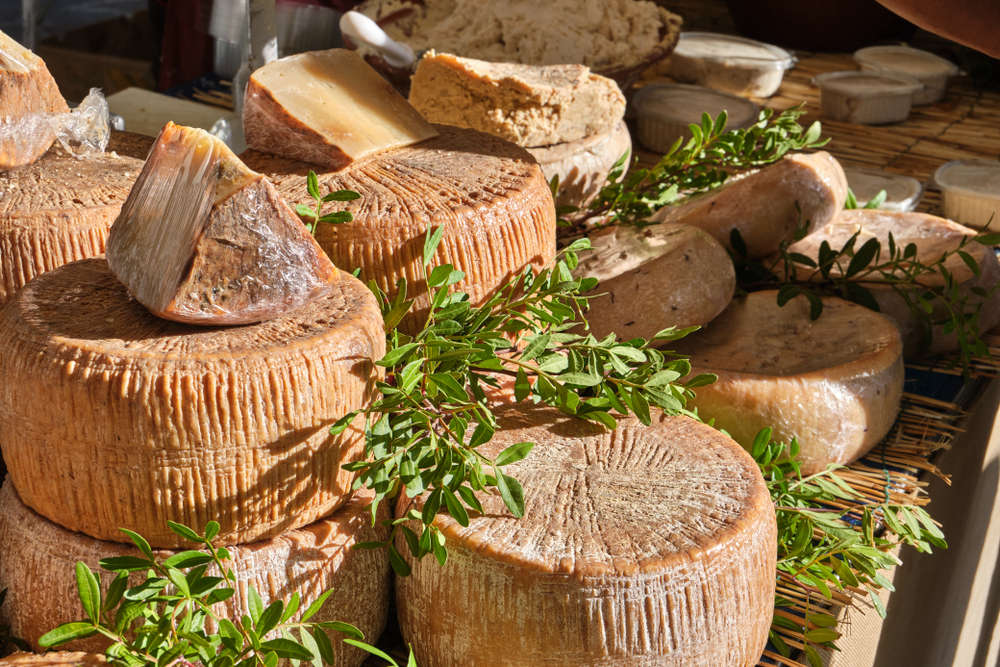
Hundreds of lives are being lost to prostate cancer because of high levels of obesity among men, a new study suggests.
More than 1,300 prostate cancer deaths could potentially be prevented every year in the UK if the average man was not overweight, researchers claimed.
Men needed to shave just five points from their body mass index score (BMI) to slash the current grim statistics, they said.
While obesity has been linked to 13 other cancers - including of the stomach, liver, pancreas and kidney - the association between prostate cancer and weight has only just started to be explored by scientists.
Academics looked at previous data on the topic and augmented it with fresh research, examining 218,237 men enrolled in the UK Biobank study whose BMI, waist circumference and waist-to-hip ratio were taken.
They were then tracked for an average of 12 years. A total of 661 men dying from prostate cancer during the follow-up period.
After analysing the health data on those who died, and comparing it to those who did not, the researchers found for every five additional points on a man's BMI score they were 7% more likely to die from prostate cancer.
And they had a 6% higher risk of dying of prostate cancer for every additional 4in (10cm) on their waistline.
Researchers also performed an analysis of previous studies which examined information on almost 20,000 men who died from prostate cancer.
These studies suggested that for every five additional points on a man's BMI score they were 10% more likely to die from prostate cancer, and an additional 4in (10cm) waist size carried a 7% higher risk.
While the mechanisms behind the findings are still unknown, researchers said the study still suggests men should try to maintain a healthy weight.
"Knowing more about factors that increase the risk of prostate cancer is key to preventing it," said Dr Aurora Perez-Cornago, from the University of Oxford, who led the research.
"Age, family history and black ethnicity are known risk factors but they are not modifiable, and so it is important to discover risk factors that it is possible to change."
Every year in the UK around 11,900 men die from prostate cancer.
And the researchers said that men aged 55 to 64 have an average BMI score of 28.9 - which classes them as overweight.
Embed not found
Global health leaders recommend men should aim to have a waist circumference of 36in (92cm).
Waist circumference is used as a measure of obesity, as well as a BMI score, because it indicates the amount of fat built up around a person's organs.
All shapes and sizes
Karis Betts, senior health information manager at Cancer Research UK, which funded the study, said:
"While the jury is out on the relationship between prostate cancer and obesity, it's still important to keep a healthy weight as obesity causes 13 other types of cancer.
"However, by building on these useful findings in future, scientists can start to unpick what the mechanism of prostate cancer and obesity could be, helping them to better understand who is at an increased risk of getting and dying from the disease."
Commenting on the study, Simon Grieveson, from Prostate Cancer UK, said that while the results were "compelling" more research was needed to fully understand the biological relationship between obesity and prostate cancer.
"It is important to remember prostate cancer can affect men of all shapes and sizes," he said.
The study is being presented at the European Congress on Obesity in the Netherlands and published in the journal BMC Medicine.
Poor sleep linked to obesity
A separate study published at the same conference also found poor sleep may undermine a person's attempts to keep weight off.
Researchers from the University of Copenhagen in Denmark examined sleep duration and quality among 195 obese adults.
People who slept for less than six hours per night were found to have, on average, increased their BMI score by 1.3 points after a year compared with those who slept for more than six hours.
The academics found that around two hours of vigorous physical activity per week can help maintain better sleep.
Another study presented at the meeting concluded that almost a quarter of obese teenagers do not know they are obese.

 Five Weird Wellbeing Foods Around The World
Five Weird Wellbeing Foods Around The World
 Five Hilarious New Year's Resolutions Worth Trying
Five Hilarious New Year's Resolutions Worth Trying
 Five Alternative Christmas Dinners For Turkey Haters
Five Alternative Christmas Dinners For Turkey Haters
 Five Brilliant Food Games For All The Family On Christmas Day
Five Brilliant Food Games For All The Family On Christmas Day
 Five Most Unique Christmas Dinners Worldwide
Five Most Unique Christmas Dinners Worldwide